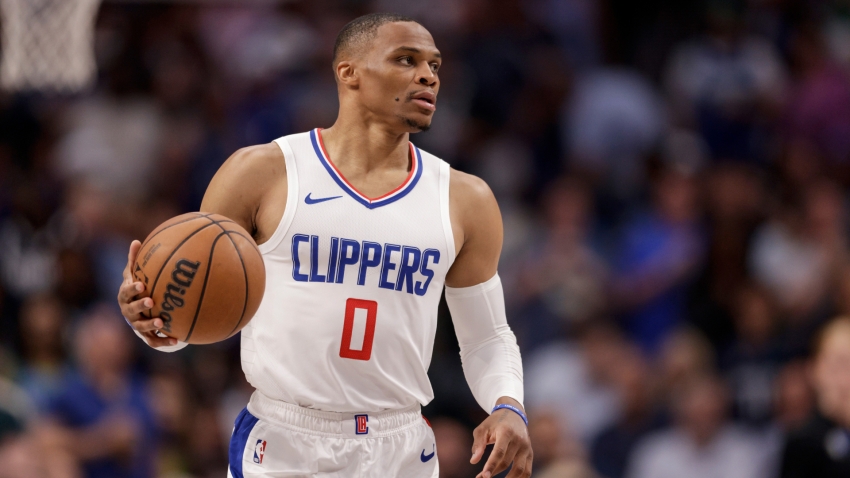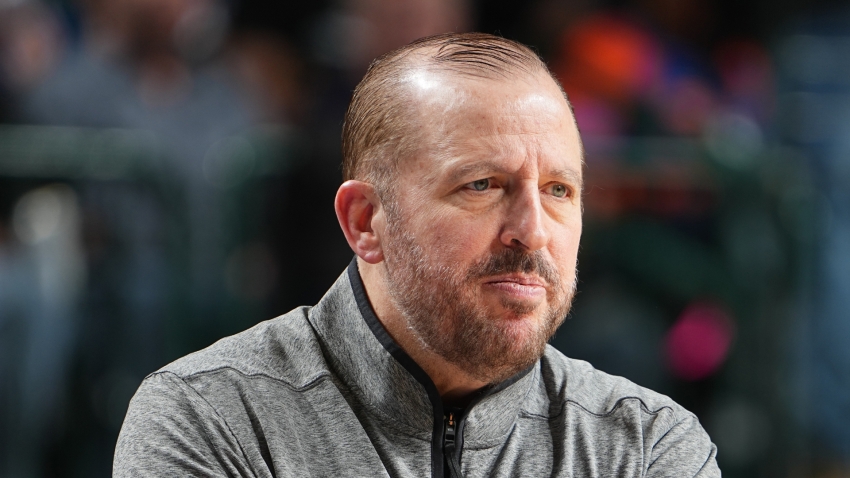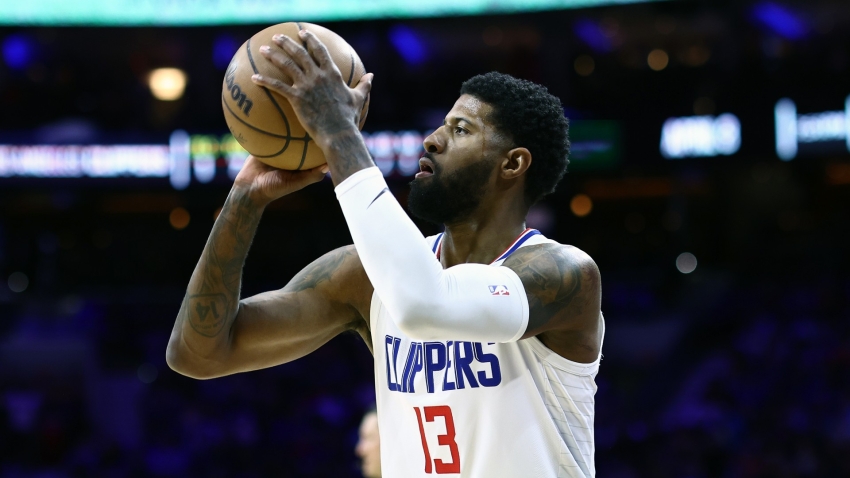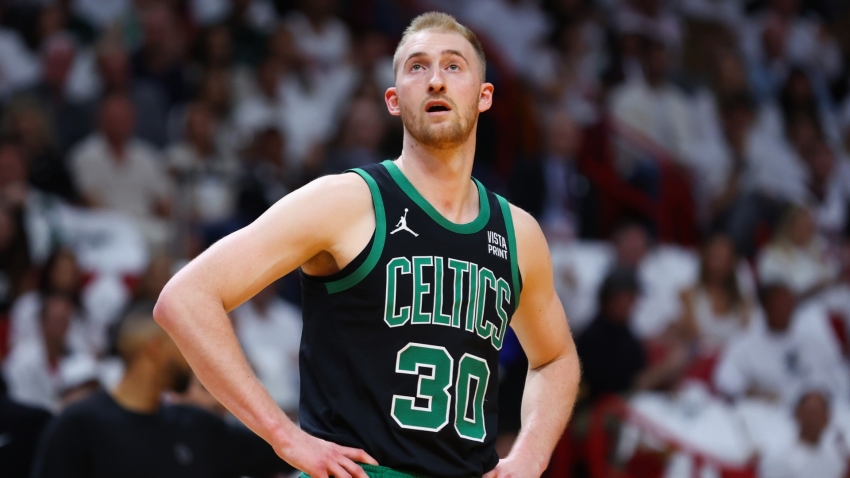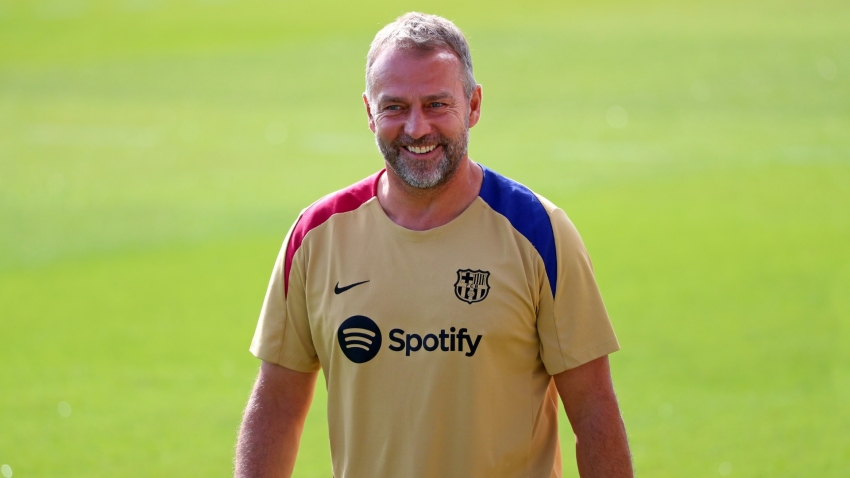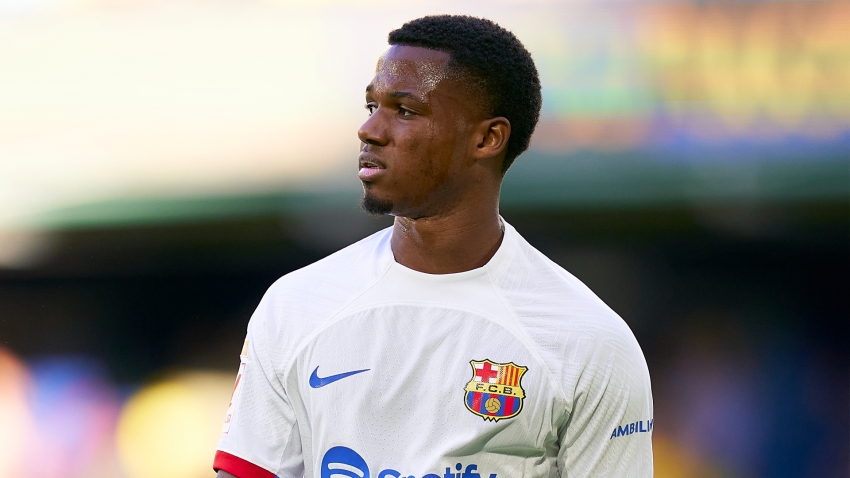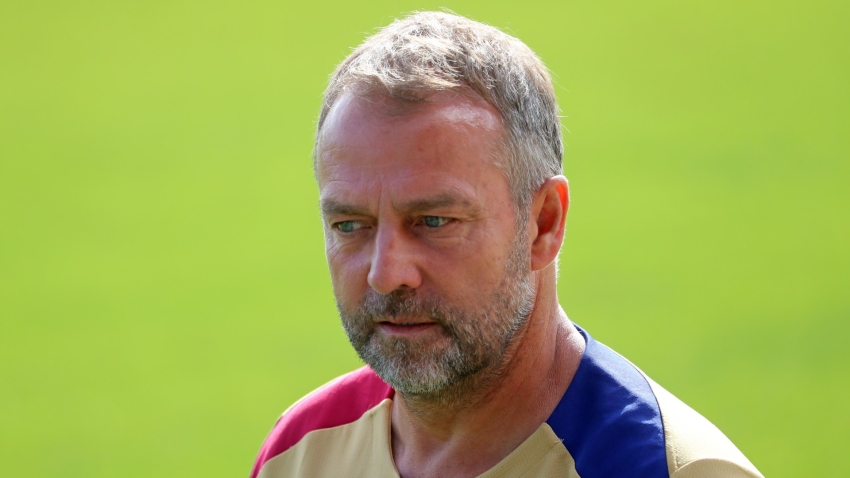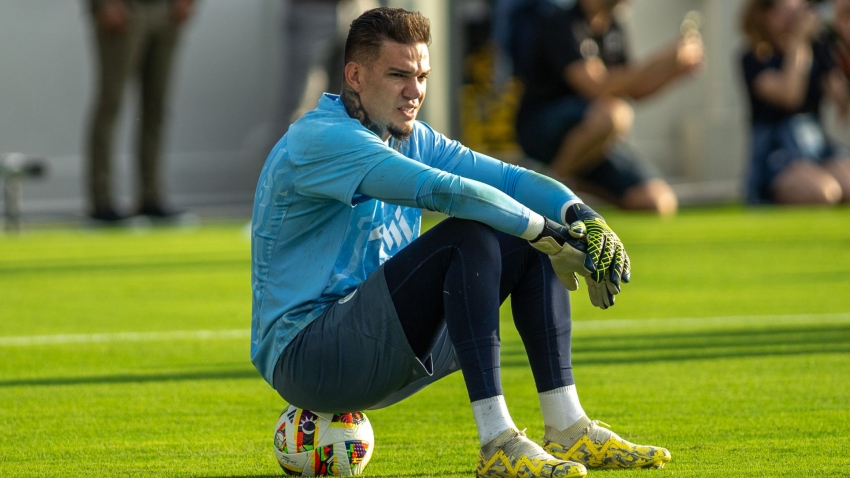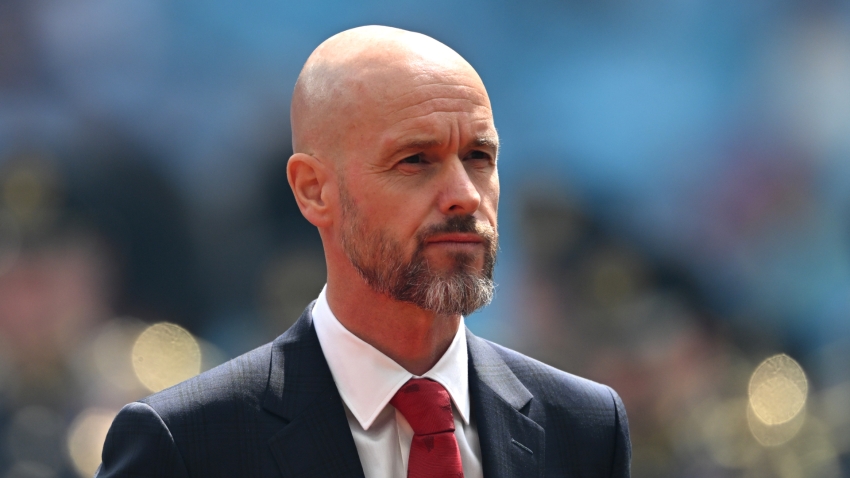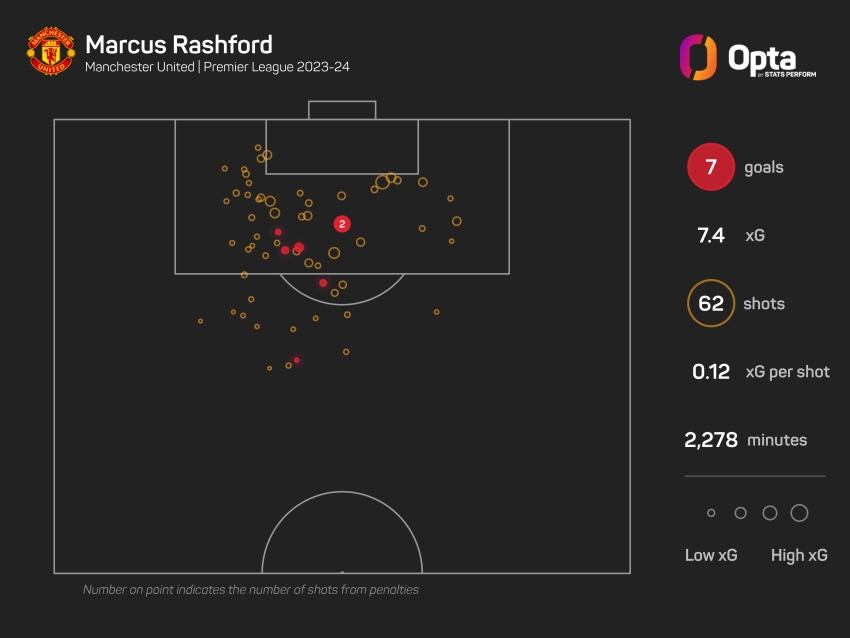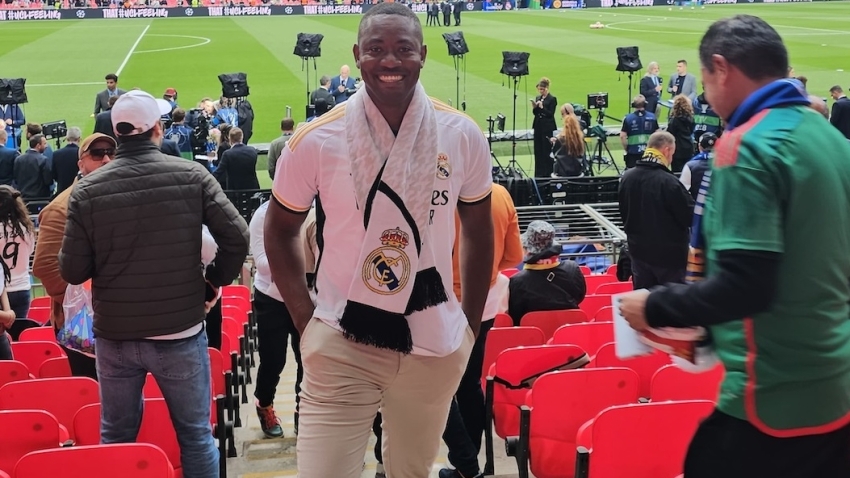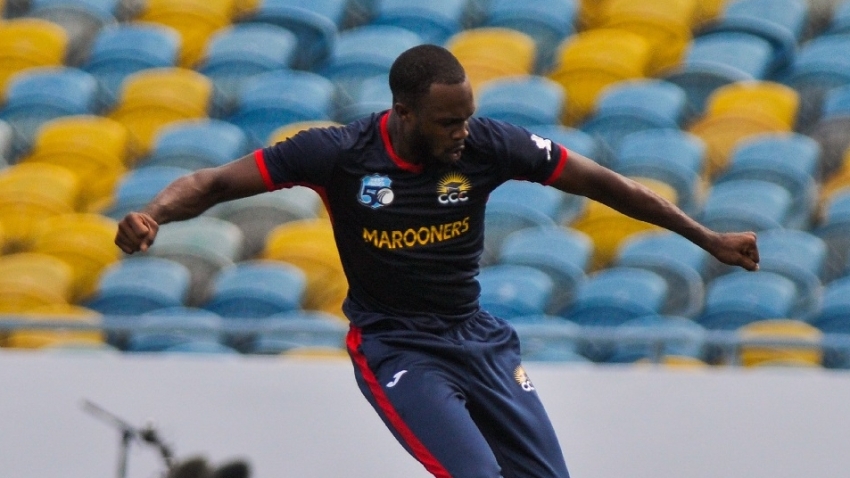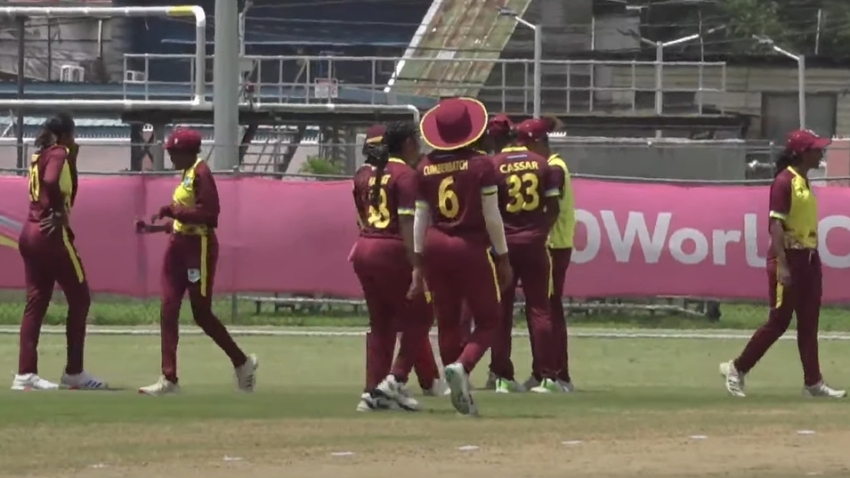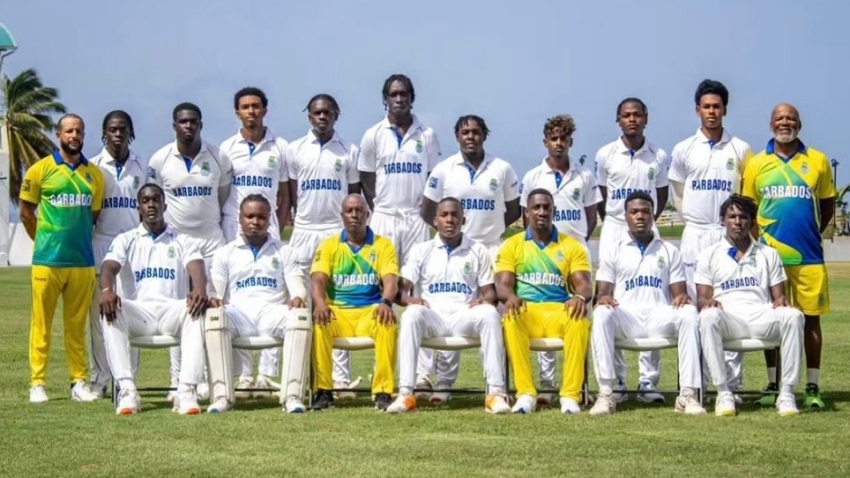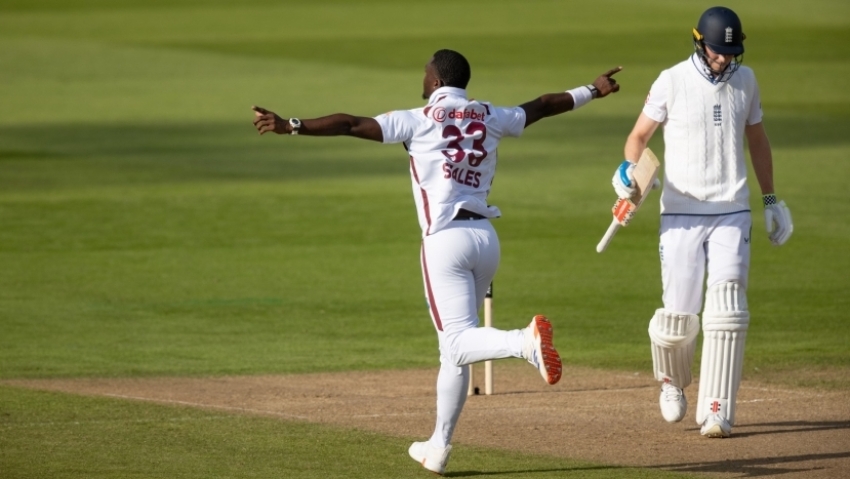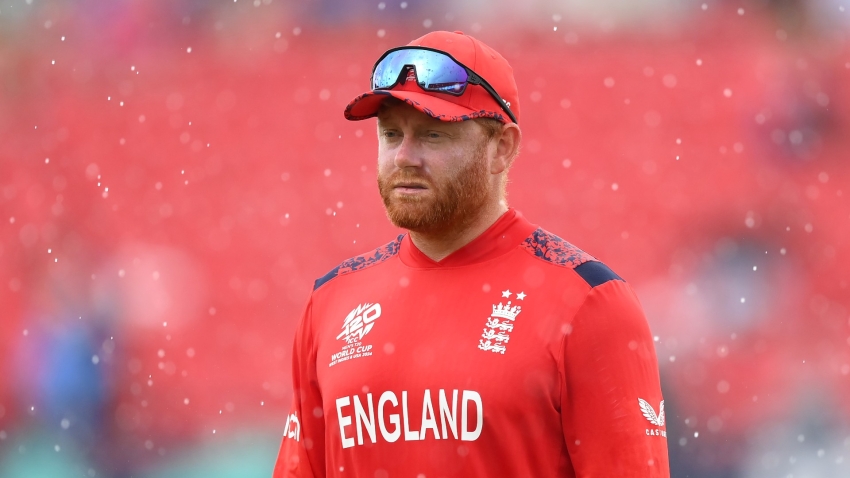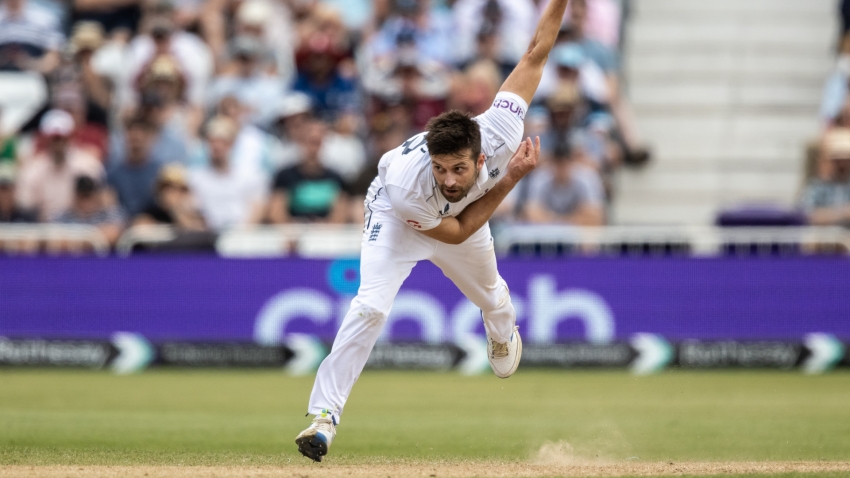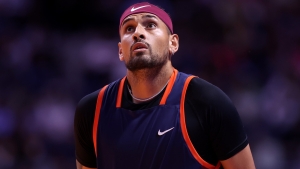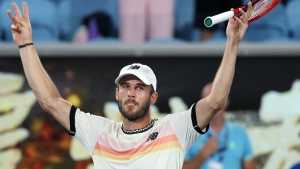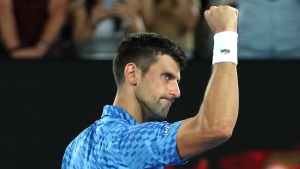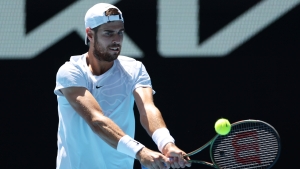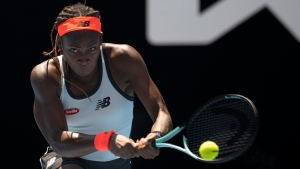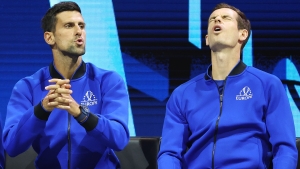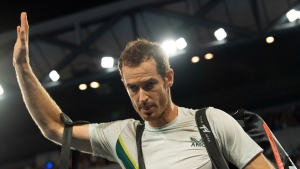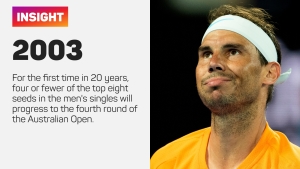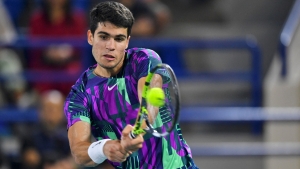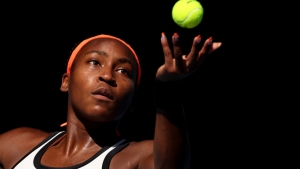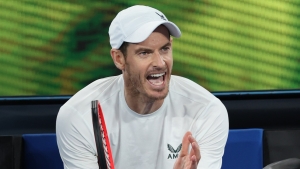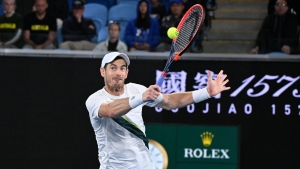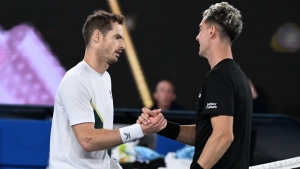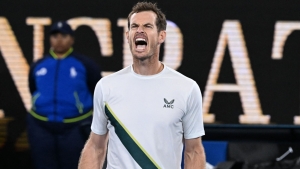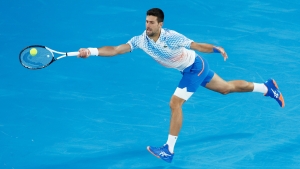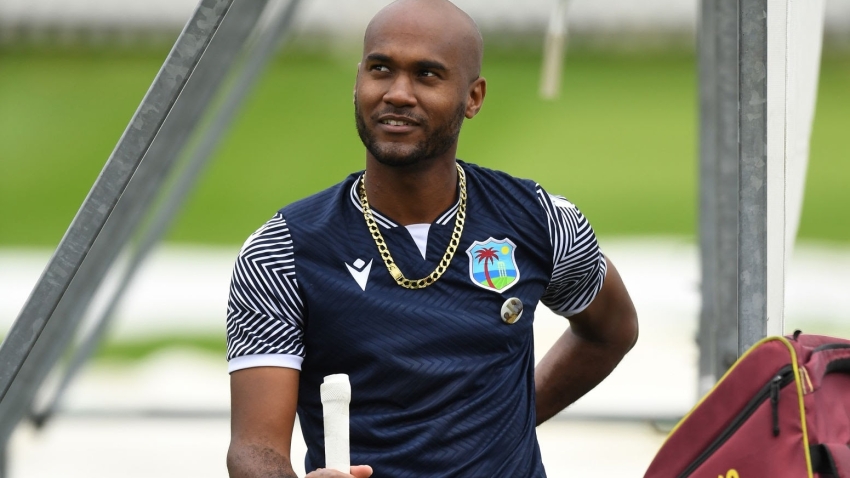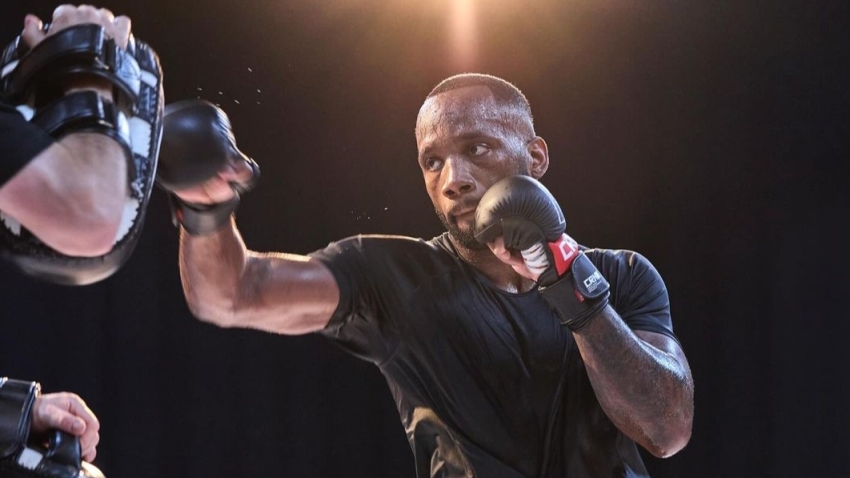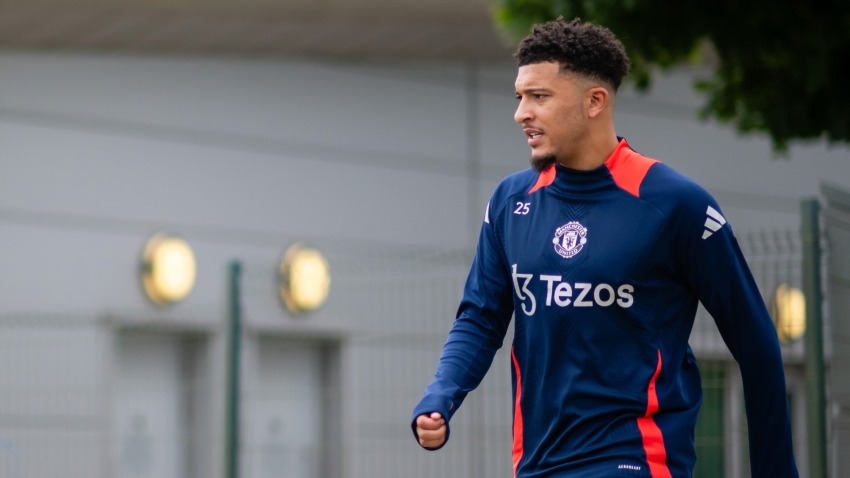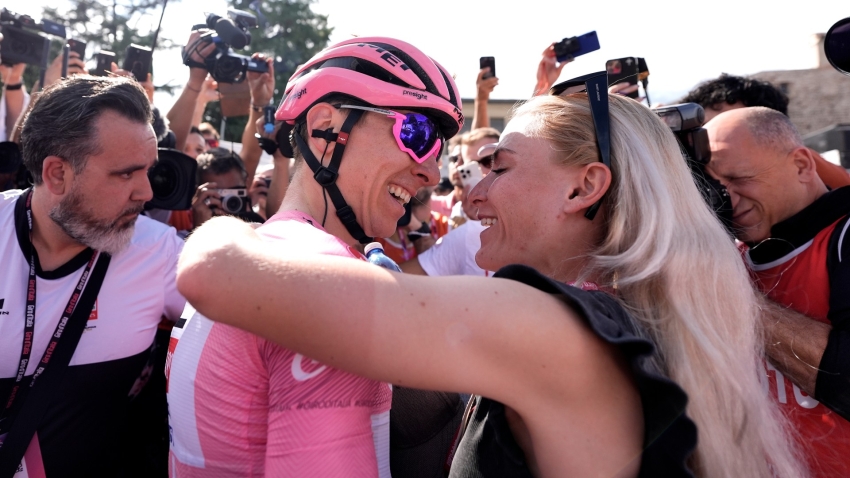Andy Murray is confident he can reach the latter stages of a grand slam before calling time on his career after being left "disappointed" by his third-round exit at the Australian Open.
The 35-year-old showed what he is capable of by defeating Thanasi Kokkinakis in a near-six-hour epic in the early hours of Friday, but he came unstuck against Roberto Bautista Agut on Saturday.
Murray, who was also on the court for almost four hours against Matteo Berrettini in the first round, fell just short of a place in the last 16 with a 6-1 6-7 (9-7) 6-3 6-4 loss on Margaret Court Arena.
Three-time grand slam winner Murray is already looking ahead to the Rotterdam Open in three weeks' time, though, and is hopeful of making his mark at the French Open, Wimbledon and the US Open later in the year.
"I can have a deeper run than the third round of a slam, there's no question about that," he told reporters. "Obviously draws can open up for you.
"I need to also help myself with that. If I was playing at this level last year, I probably wouldn't be ranked 50, 60 in the world. It's up to me to try and change that."
Murray, who was on court for around 14 hours across his three matches in Melbourne, says the amount of hours put into practising is made worthwhile as he looks to prolong his career.
"Obviously you never know exactly when the end is going to be," he said. "I would like to go out playing tennis like this, where I'm competing with the best players in the world in the biggest events and doing myself justice.
"There were maybe times the last year or so where I didn't really feel like I was playing well, and I didn't enjoy the way that I was playing.
"Those sacrifices and that effort that I put in allowed me to get through those matches and play at a high level that I think was entertaining for the people watching.
"I felt good about the way that I was playing. It's more enjoyable for me when I'm playing like that, when I'm coming into a major event and really believing that I can do some damage."
Perhaps showing signs of rustiness from his early-morning finish against Kokkinakis, Murray struggled in the first set against Bautista Agut as three double faults – as many as he had in the whole of his second-round match – handed the initiative to his opponent.
Murray recovered from a point down in the second set to level up via a tie-break, despite trailing 5-2 and 6-4, though Bautista Agut earned the only break of serve in the third set to edge back in front.
Never before had Murray played three successive five-set matches in the main draw of a grand slam, and that remains the case as Bautista Agut shut out the loud noise generated by the crowd to recover from an early break down and take the match.
"I have a lot of mixed emotions," said Murray, who has not reached a grand slam quarter-final in six years. "I feel like I gave everything that I had to this event. So I'm proud of that.
"That is all you can ever do. You can't always control the outcome. You can't control how well you're going to play or the result. You can control the effort that you put into it, and I gave everything that I had the last three matches. I'm very proud of that.
"But I'm also disappointed because I put loads of work into the beginning of this year and was playing well enough to have a really good run, have a deep run.
"I think even tonight I'm competing against a guy 20 in the world, and it's still very tight considering the circumstances. I feel disappointed because I feel like I could have gone quite a bit further."
Number 24 seed Bautista Agut, who has only once previously reached the last eight in Melbourne, will face Tommy Paul in the next round.


